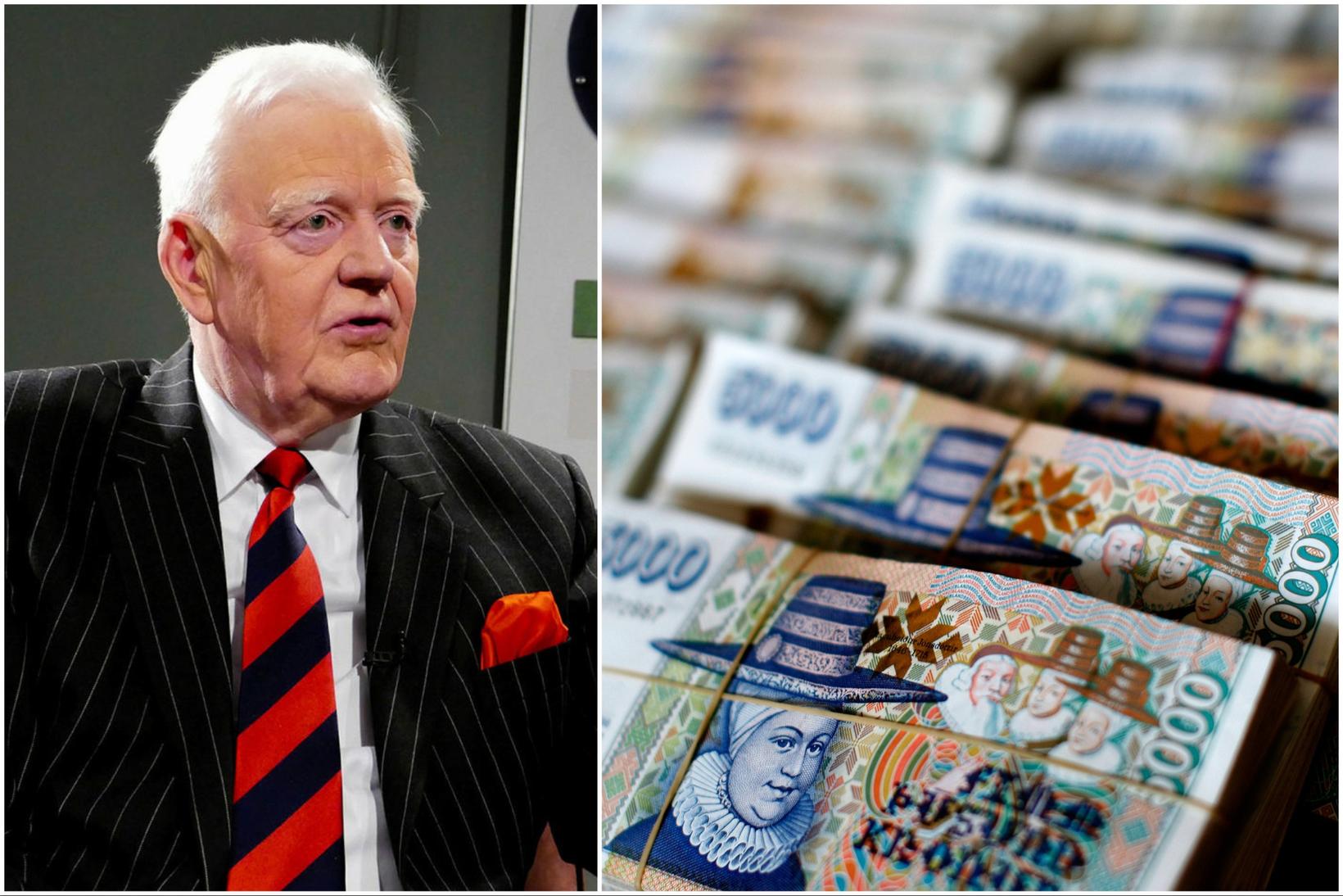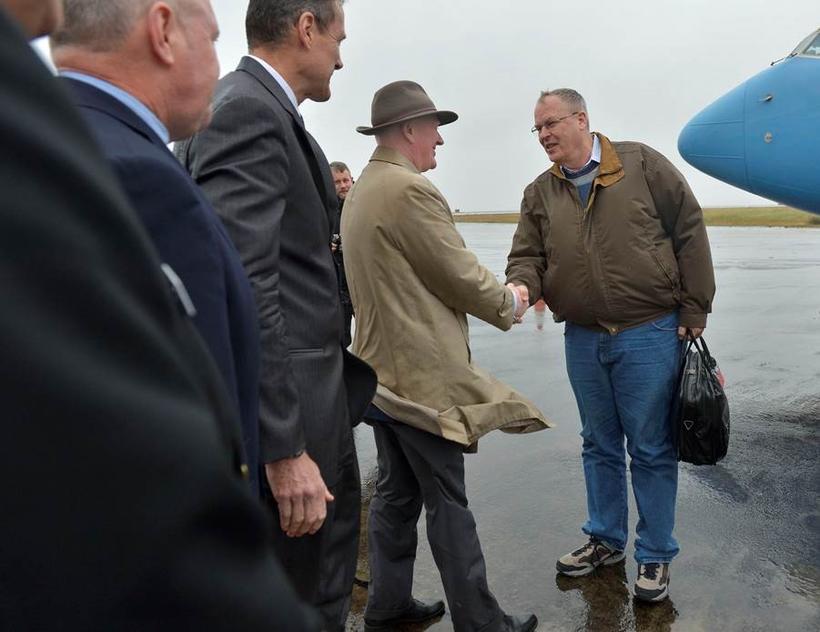Defense Should Be a Priority for Iceland, Expert Argues
In a rapidly changing global landscape, defense must become a priority for the Icelandic government, according to defense expert Arnór Sigurjónsson. He contends that Icelanders must significantly increase their spending on national security.
“The notion that we are too few and too poor is a myth in this context,” Sigurjónsson stated in an interview with mbl.is .
NATO's Spending Targets and Iceland's Position
NATO member states initially set a goal of allocating at least 2% of their GDP to defense by the end of 2024. While 23 of the alliance’s 32 members met this target, Iceland was excluded due to its lack of a military and small population.
However, discussions are now underway to raise the threshold to 3% or even 5% over the next five to ten years. Realistically, NATO states may soon be expected to allocate at least 2.5% of their GDP to defense. Given Iceland’s 2024 GDP of ISK 4,616 billion, this would translate to a defense budget of approximately ISK 115 billion.
"The myth that Iceland is too poor to participate in its defense is simply wrong," Sigurjónsson says. Morgunblaði/Árni Sæberg
Weighing Defense Against Other Priorities
Addressing concerns that increased defense spending could detract from welfare programs, Sigurjónsson emphasized the need for different budgetary priorities. He suggested exploring options such as resource taxes and streamlining government operations, arguing that not all state institutions may be essential.
As an example, he pointed to the United Kingdom, where Prime Minister Keir Starmer recently announced an increase in defense spending from 2.3% to 2.5% of GDP by 2027, partly funded by a temporary reduction in development aid.
“That’s one approach we could take. Is it more important to build a school in Mali or to defend our sovereignty and independence?” he asked. “These are the questions we must consider. While we have a duty to support poorer nations, we must prioritize our own security.”
Debunking the Myth of Iceland's Financial Limitations
Sigurjónsson dismisses the idea that Iceland is too poor to invest in its defense. In his 2022 book, Icelandic Army - A Changed World, A New Reality , he highlighted Iceland's GDP per capita, which was comparable to Nordic countries (excluding Norway) and even exceeded that of France. In 2022, Iceland’s GDP per capita stood at approximately USD 52,000, surpassing France's USD 48,000 and aligning with levels in the Netherlands and Germany.
He also noted that Baltic states, despite having a significantly lower GDP per capita of USD 25,000 to 30,000, still managed to allocate around 3% of their GDP to defense.
Iceland's Population Size and Defense Potential
The second misconception, according to Sigurjónsson, is that Iceland is too small to sustain a military.
“A general rule is that a nation can allocate 10% of its population to military service during times of war without crippling its economy,” he explained. “For Iceland, with a population of 386,000, that equates to about 38,000 people. Even with just 5,000 to 8,000 personnel, we would have a significant force capable of defending against potential threats.”
With Iceland's population now exceeding 400,000 and GDP continuing to rise, he argues that the country is fully capable of maintaining a viable defense force.
Arnór Sigurjónsson, then Director of the Office of Security and Defense Affairs at the Ministry of Foreign Affairs, welcomes Bob Work, then Assistant Secretary of Defense of the United States, upon his arrival in Iceland in September 2015.
The Need for Iceland to Take Responsibility
Sigurjónsson stresses that Iceland can no longer rely solely on external allies for its defense.
“Especially given global instability and the potential for a new U.S. president with a shifting foreign policy that deprioritizes European security,” he said. “Look at how the U.S. is handling Ukraine. Russia has not conceded a single demand, yet it has received numerous concessions from Trump in the lead-up to peace talks.”
He warned of a growing trend toward normalization between the U.S. and Russia, with plans to restore diplomatic ties and reintegrate Russia into the G7.
“This is the reality we face today. Iceland must develop its own expertise, capabilities, equipment, and training to participate in its defense,” he asserted.
Building a Defense Force
Sigurjónsson also addressed skepticism about the feasibility of an Icelandic military.
“People ask what an Icelandic army could achieve against a potential aggressor. The answer is: a great deal,” he insisted. “Even a force of 5,000 personnel could be highly effective.”
In his book, he proposed an initial force of 1,000 personnel with a 500-member reserve.
“That is the absolute minimum,” he said. “But once you establish a core, you can expand it, train additional personnel, and acquire more equipment.”
Sigurjónsson’s remarks underscore a growing debate over Iceland's role in global defense and whether it should take a more active role in its own security. As geopolitical tensions rise, the question of Iceland’s military future may soon demand an answer.




/frimg/1/57/93/1579337.jpg)
/frimg/1/57/94/1579405.jpg)




